Purpose of the Study
This live experiment compares how fast-food wrappers coated with JANUS (plant-based) and polyethylene (plastic-based) coatings break down under identical composting conditions. The goal is to measure decomposition rate and identify any contaminants that may be released, such as PFAS, microplastics, or other residues.
Experimental Setup
Each of the two identical 10-gallon composting tanks includes:
The setup allows for precise monitoring of how each coating type decomposes in a closed, observable system.
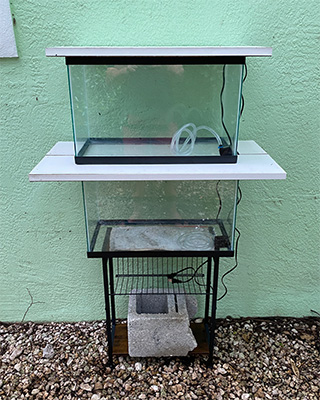
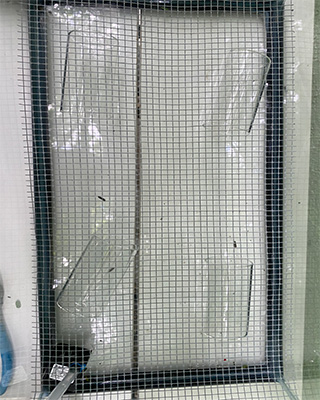
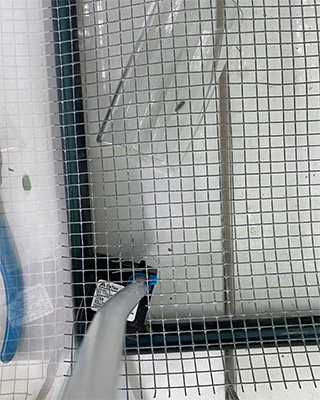
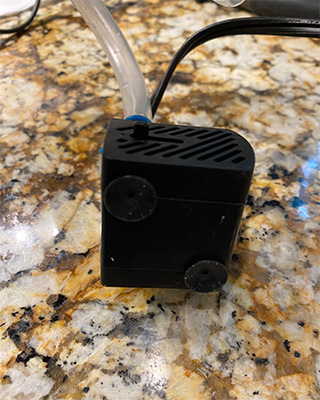
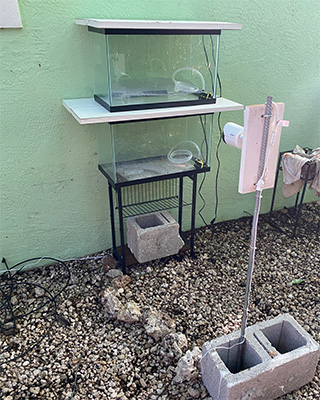
Environmental Conditions
A digital meter records environmental data every ten minutes, including date, time, temperature, humidity, and dew point. Tracking these factors ensures that both composting tanks experience identical conditions and allows us to see how environmental variables may influence decomposition rates.
Monitoring and Data Collection
Environmental conditions, including temperature, humidity, and dew point, are logged every ten minutes to ensure identical environments. Baseline and final samples are analyzed by an independent certified laboratory for:
This before-and-after analysis provides measurable evidence of each coating’s environmental impact.
Transparency and Integrity
To ensure credibility and reproducibility:
Why It Matters
Billions of fast-food wrappers enter landfills or composting facilities every year. By comparing natural coatings like JANUS with petroleum-based plastics, this trial provides objective data on how these materials behave in real compost environments and whether they can offer safer, cleaner alternatives for packaging and our planet.
Timeline and Next Steps
The trial will continue until both wrapper types have fully decomposed. Upon completion:
View Final Results (Coming Soon)
Note: This independent research trial follows rigorous scientific methodology. Results will be published upon completion of the decomposition process and laboratory analysis.